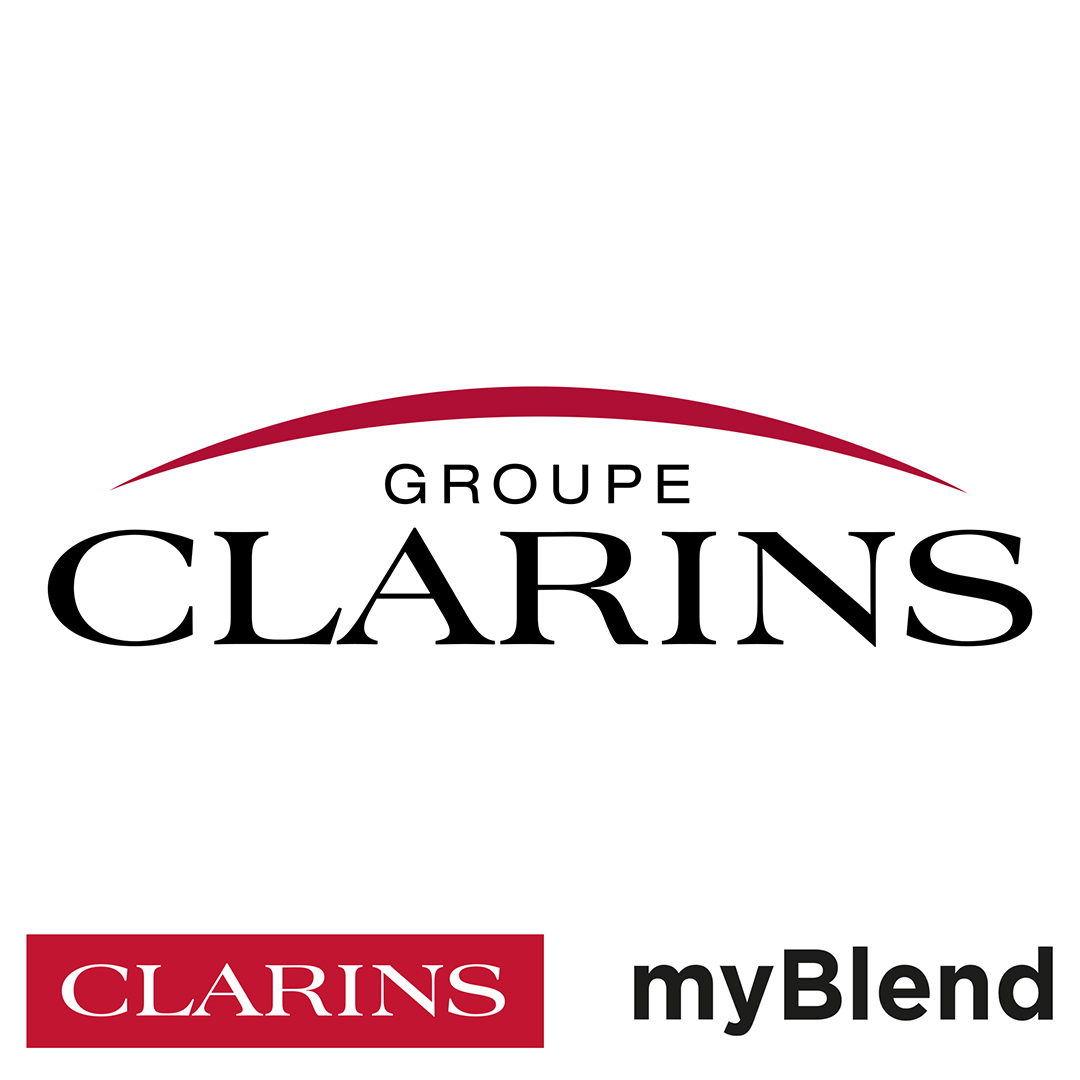

Groupe Clarins

Île-de-France, France
March 2025
Personal care products
Manufacturing
Australia,
Austria,
Belgium,
Canada,
China,
France,
Germany,
Ireland,
Italy,
Japan,
Malaysia,
Mexico,
New Zealand,
Portugal,
Russia,
Singapore,
South Africa,
South Korea,
Spain,
Switzerland,
Taiwan,
United Kingdom,
United States
Groupe familial de cosmétiques mondial créé à Paris en 1954 par Jacques Courtin, Clarins innove depuis plus de 70 ans au service d’une beauté responsable. Fruits d’une recherche permanente, ses produits à base de plantes formulés et fabriqués en France sont proposés dans plus de 150 pays à travers 20 000 points de ventes. Avec près de 95% de ses ventes à l’export, Clarins est leader du soin en Europe et un acteur majeur de la beauté (soins et maquillage), du spa et du bien-être au niveau mondial. Le groupe a également développé la marque myBlend fondée sur la synergie entre les soins ciblés, la nutri cosmétique et la beauty tech. Le groupe Clarins compte plus de 8 000 collaborateurs répartis entre son siège à Paris, ses 28 filiales dans le monde, deux laboratoires de R&D et trois sites industriels en France. Jonathan Zrihen, président et deux directeurs généraux, le Dr Olivier Courtin-Clarins et Virginie Courtin, incarnant respectivement la deuxième et la troisième génération, dirigent ensemble cette entreprise familiale française qui a pour Raison d’être « Rendre la vie plus belle, transmettre un monde plus beau ». Un engagement qui se traduit par de nombreuses initiatives en faveur de la préservation de la nature et du respect de l'humain.
Overall B Impact Score
Governance 18.5
Governance evaluates a company's overall mission, engagement around its social/environmental impact, ethics, and transparency. This section also evaluates the ability of a company to protect their mission and formally consider stakeholders in decision making through their corporate structure (e.g. benefit corporation) or corporate governing documents.
Workers 24.6
Workers evaluates a company’s contributions to its employees’ financial security, health & safety, wellness, career development, and engagement & satisfaction. In addition, this section recognizes business models designed to benefit workers, such as companies that are at least 40% owned by non-executive employees and those that have workforce development programs to support individuals with barriers to employment.
Community 19.9
Community evaluates a company’s engagement with and impact on the communities in which it operates, hires from, and sources from. Topics include diversity, equity & inclusion, economic impact, civic engagement, charitable giving, and supply chain management. In addition, this section recognizes business models that are designed to address specific community-oriented problems, such as poverty alleviation through fair trade sourcing or distribution via microenterprises, producer cooperative models, locally focused economic development, and formal charitable giving commitments.
Environment 20.2
Environment evaluates a company’s overall environmental management practices as well as its impact on the air, climate, water, land, and biodiversity. This includes the direct impact of a company’s operations and, when applicable its supply chain and distribution channels. This section also recognizes companies with environmentally innovative production processes and those that sell products or services that have a positive environmental impact. Some examples might include products and services that create renewable energy, reduce consumption or waste, conserve land or wildlife, provide less toxic alternatives to the market, or educate people about environmental problems.
Customers 5.5
Customers evaluates a company’s stewardship of its customers through the quality of its products and services, ethical marketing, data privacy and security, and feedback channels. In addition, this section recognizes products or services that are designed to address a particular social problem for or through its customers, such as health or educational products, arts & media products, serving underserved customers/clients, and services that improve the social impact of other businesses or organizations.